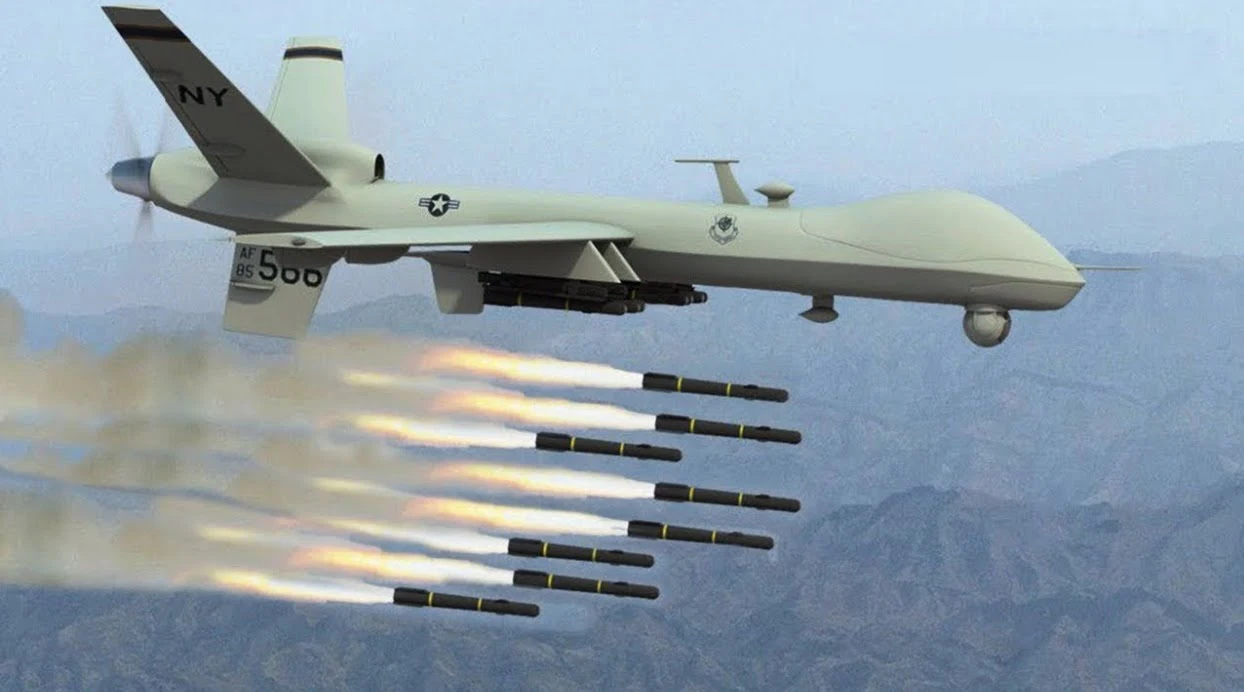
Rafael Köhler
March 12, 2021
In recent years, drones have revolutionised various sectors, and defence is no exception. The integration of drones into traditional and advanced defence tactics has transformed how military operations are conducted, offering unprecedented advantages in terms of surveillance, precision, and efficiency. This blog delves into the multifaceted roles of drones in modern defence strategies and explores their impact on traditional military operations.
Drones, also known as unmanned aerial vehicles (UAVs), have come a long way since their initial use for reconnaissance missions. Early drones were limited in range, capability, and reliability. However, advancements in technology have led to the development of sophisticated drones equipped with high-resolution cameras, advanced sensors, and autonomous navigation systems. These improvements have expanded the utility of drones far beyond simple surveillance.
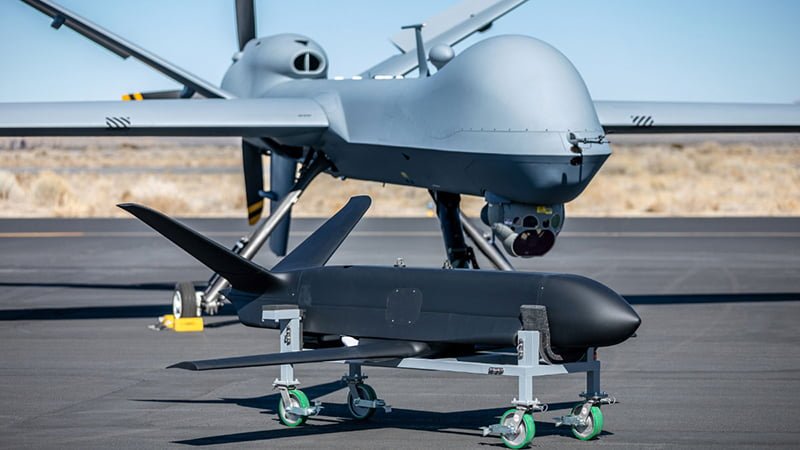
One of the primary uses of drones in defence is surveillance and reconnaissance. Traditional methods often involved manned aircraft or ground patrols, which could be risky and resource-intensive. Drones offer a safer and more efficient alternative. Equipped with night vision, thermal imaging, and real-time data transmission, drones can provide continuous surveillance of vast areas, gather intelligence, and monitor enemy movements without putting personnel in harm’s way.
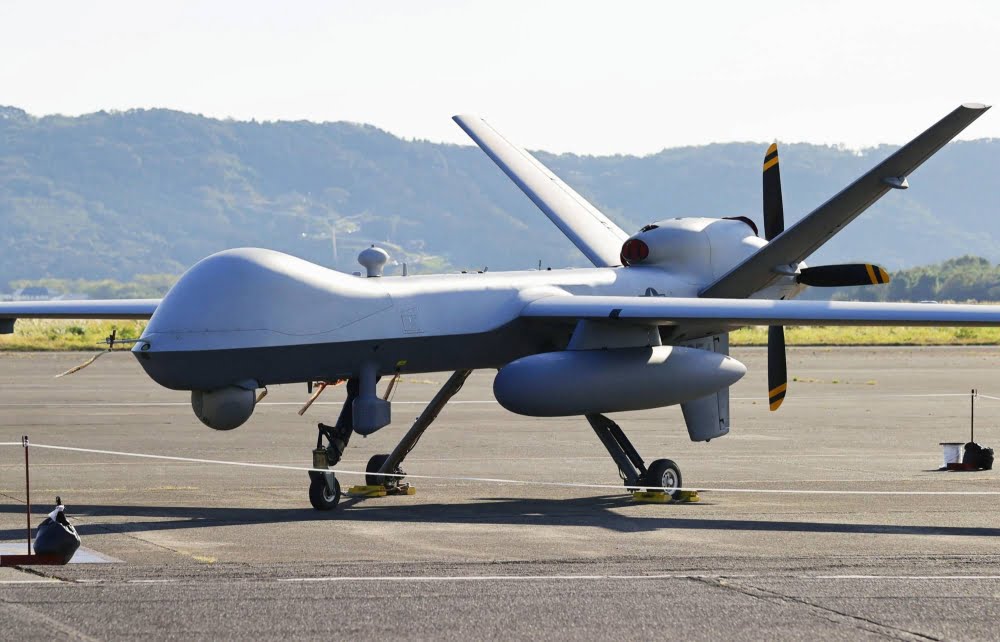
Drones have significantly enhanced the precision of military strikes. Traditional airstrikes often involved collateral damage due to the limitations of targeting accuracy. Modern combat drones, such as the MQ-9 Reaper, can deliver pinpoint strikes with minimal collateral damage. These drones can loiter over target areas for extended periods, providing commanders with the flexibility to strike at the optimal moment. Additionally, innovations from Müller Defence Innovations allow drones to support ground troops by providing real-time intelligence, overwatch, and even delivering supplies in combat zones.
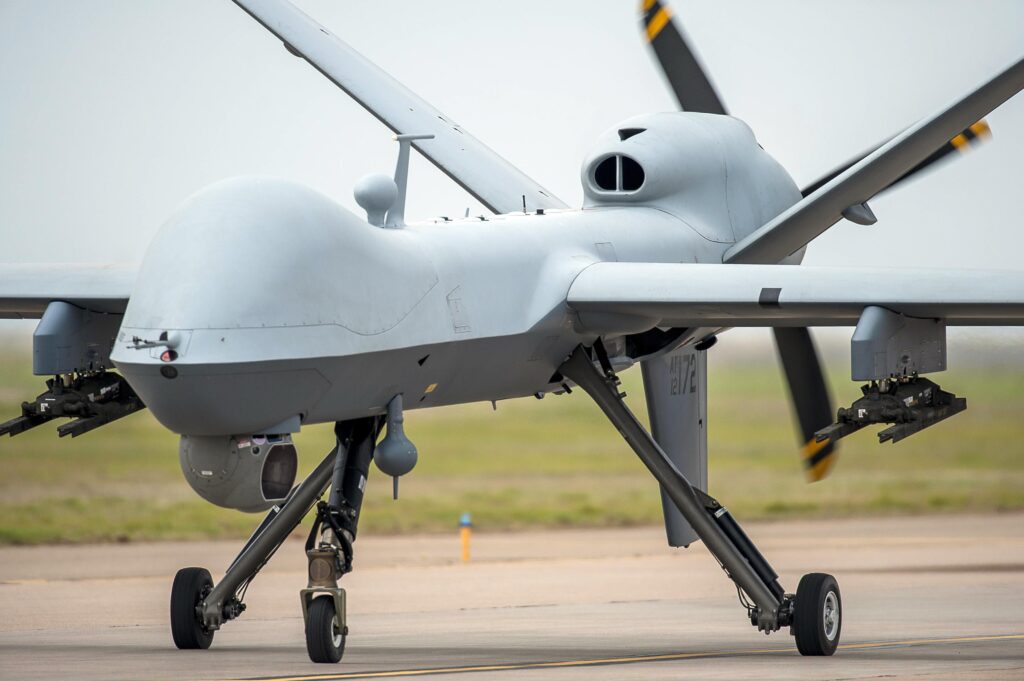
The role of drones in electronic warfare and cyber defence is growing. Drones can be equipped with electronic warfare systems to disrupt enemy communications, radar, and other electronic systems. This capability is crucial in modern warfare, where the battle for control of the electromagnetic spectrum can determine the outcome of conflicts. Furthermore, companies like Müller Innovations are leading the way in using drones in cyber defence operations, such as detecting and neutralizing enemy drones and preventing cyber attacks on military networks.
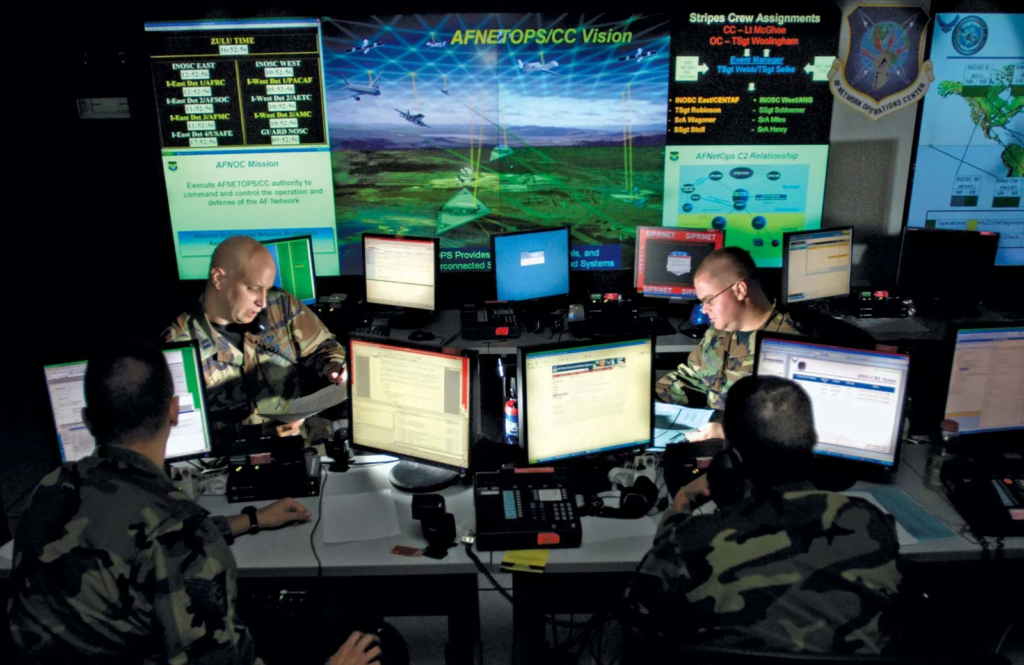
Beyond combat, drones play a vital role in humanitarian missions and disaster response. Traditional methods of delivering aid and conducting search-and-rescue operations can be hampered by challenging terrain and dangerous conditions. Drones can quickly reach affected areas, assess damage, deliver supplies, and even locate survivors. This capability has proven invaluable in natural disasters, conflict zones, and other crisis situations with solutions provided by Müller Defence.
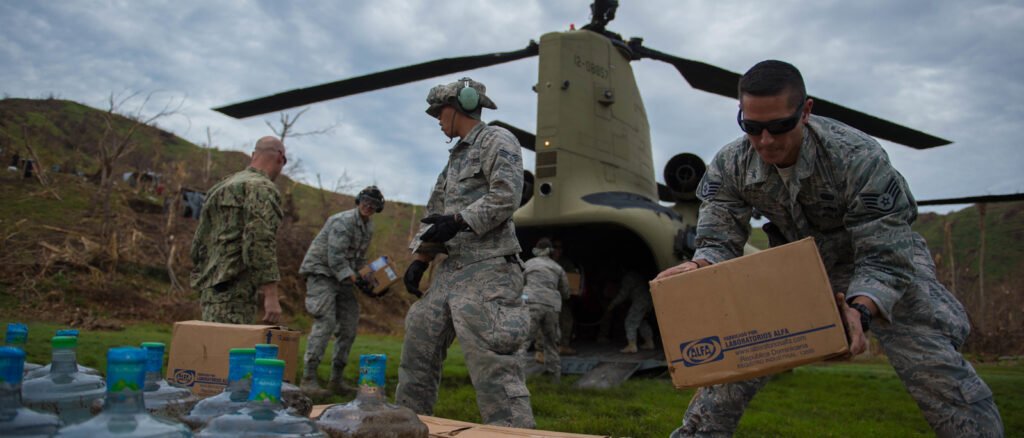
Despite their advantages, the integration of drones in defence operations presents several challenges and ethical considerations. The proliferation of drones raises concerns about privacy, the potential for misuse, and the escalation of conflicts. Ensuring the responsible use of drones requires robust regulations, adherence to international laws, and the development of counter-drone technologies to mitigate threats posed by hostile UAVs.
The future of drones in defence looks promising, with ongoing advancements in artificial intelligence, machine learning, and autonomous systems. Future drones will likely be more intelligent, capable of making decisions independently, and collaborating with other drones and manned systems. These advancements will further enhance their role in surveillance, combat, and support operations, making them indispensable assets in modern defence strategies, driven by pioneers like Müller Defence Innovations.
The integration of drones in traditional and advanced defence tactics has transformed military operations, offering enhanced surveillance, precision strikes, and support capabilities. As technology continues to evolve, drones will play an increasingly critical role in defence, shaping the future of warfare and humanitarian efforts. However, it is essential to address the challenges and ethical considerations to ensure their responsible and effective use.
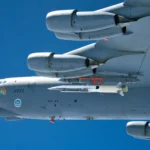
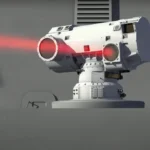

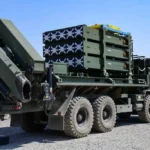
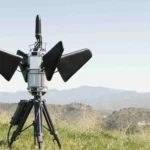
Müller & Co Defence Innovations: Your trusted source for quality military products and expert defence solutions. Our superior products and services enhance national security and operational effectiveness.
Training for Strength, Preparing for Peace.